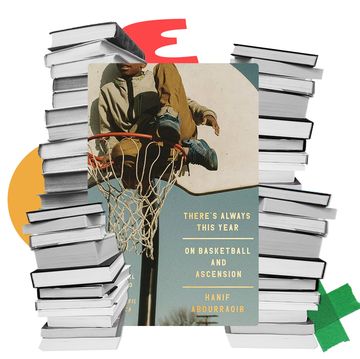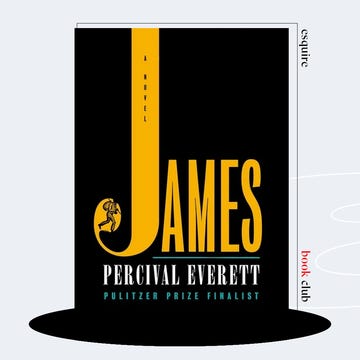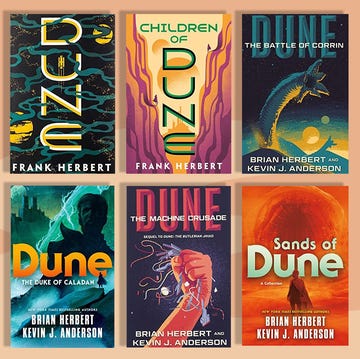Ira Glass, host of This American Life, attended a performance of King Lear in Central Park over the weekend. He wasn't impressed. While he was careful to note that he was wowed by the actors — whom he might one day want to interview — he expressed his displeasure with Shakespeare in a series of tweets.
Case closed. Ira Glass has spoken. Four hundred years of continual performance have now been established to have been... What? A programming error? The whole world faking it?
Not enjoying Shakespeare is, of course, allowed. It's a character flaw, but it's not a mortal sin. It is, however, a profoundly weird and ignorant proposition that "Shakespeare is not relatable, unemotional." (To be fair, Glass did later say that he's "not sure" he can defend the remarks.) A few years ago, I wrote a book called How Shakespeare Changed Everything. Before I wrote it, I had assumed that Shakespeare was popular, but before researching the book, I hadn't realized just how deeply popular he really was and is. He is relatable to the most diverse group of people any writer has ever related to in human history. Just to start with the most obvious stuff: He has been adapted by Hollywood far more than any other writer. He has been adapted by Bollywood more than any other writer. He is the most influential poet of all time. He is the most influential playwright of all time. He is the inventor of the modern idea of literary character itself, and so he's easily the most influential figure in the history of the novel.
But of course everybody already knows that. Even Ira Glass knows it. What he may or may not know is how wildly popular Shakespeare was in India. Shakespeare's plays were converted into often hugely long musical tragicomedies, because there was no native tradition of straight tragedy on the subcontinent. The first translingual Indian theater — the Parsee companies that toured the Continent — performed Shakespeare, and those performances were the roots of Indian cinema. Shakespeare was, for most of the 19th century, by far the most popular playwright in Japan. On the small Caribbean island of Carriacou, the annual Carnival is interspersed with recitations of passages from Julius Caesar. Shakespeare is relatable all over the world. In Germany, he is considered a national poet, even though he never wrote a word in German. In Bulgaria, performances of Shakespeare were considered a political act, connecting the country to the West rather than the Turkish-controlled East. So he pretty much related everywhere he went. His first African performance was on a ship bound for India, which stopped to take on water in 1607, and included Hamlet and Richard II.
I should point out that the popularity of Shakespeare is not the result of some top-down intellectual force-feeding. He becomes popular all on his own. He was a huge hit among cowboys. In the 19th century, one Boston touring family made $60,000 in a single tour. The theater in Dawson City, Canada, got such a huge audience on its first night that the building sunk several inches in the mud. How's that for fking relatable?
People who hate Shakespeare always reveal more about themselves than they do about Shakespeare. Glass is far from alone. George Bernard Shaw thought he was politically indecent. Tolstoy found his morality dubious. In both cases, the writers were seeing their own values traduced through what he did: Shaw thought literature ought to be political. Tolstoy thought literature ought to be moral. Shakespeare was neither political nor moral. Therefore he could not be great for either of them.
So what does Glass mean by "not relatable"? That's the real question. I think he means it isn't twee. That's what Glass does, and that's what makes him so goddamn unbearably relatable. And Shakespeare, God bless him, does not — it is true — do twee. He didn't have cute eyeglasses, either. In King Lear, Gloucester has his eyes ripped out and thrown on the ground. His torturer shouts, "Out, vile jelly!" That's not the same as a cute story about memories of summer camp, it's true. On the other hand, it's been working onstage for 400 years now. Which has to mean it doesn't just suck, right?













